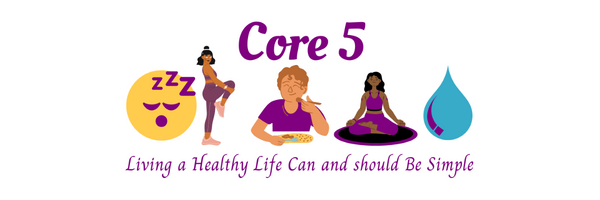The million-dollar question: “How can I get to my desired health outcomes the fastest?”
Humans are too complex for there to be a simple answer, or a one-size-fits-all answer, or really any answer specific enough to be helpful. The good news? We can learn from other fields about human psychology to avoid some common pitfalls.
The sunk-cost effect refers to the phenomenon that when we put resources — money, time, energy — into an approach, we tend to tie ourselves more tightly to it, even if it’s a losing approach. The more we put into it, the more tightly we tie ourselves. This comes from a craving to justify our prior decisions.
For example: say you’re doing a 5k with a friend. In example A, the event is free. In example B, you pay $40 for your entries.
The day of the 5k comes, and it starts pouring rain, it’s windy, and it’s cold. In example A, you didn’t sink any resources into it. In example B, you did. Which example would you be more likely to show up to the 5k?
That’s the sunk cost effect. It affects individuals, businesses, even governments of entire countries. Remember the United States’ approach to extending the Vietnam War from history class?
Why do we fall victim to this? Simply put, as long as we keep gambling on the approach, there’s still that chance we could recover our losses. We have a strong aversion to cutting our losses, as that makes them real, and most prefer to continue gambling even when the odds are against them if it means not having to realize the losses. Humans aren’t always rational.
How this relates to building healthier habits
Our society pushes this idea that perseverance no matter the odds makes one exceptional. That’s what the movies teach us, right? So it has to be true!
Of course, it’s not.
If we start making a change of not eating any food after 6pm and it leads not to weight loss but a build-up of nightly stress, staying up later, and eventually an overeating session of ice cream straight from the pal on Friday night, we see clearly that perseverance isn’t the answer. Stepping back, evaluating, and trying something new is.
How to avoid falling victim
Knowledge isn’t everything — even people who have studied the sunk-cost effect fall victim to it. One method is to create ‘kill criteria’, events that, when they occur, you will immediately pull out of the approach.
For example, if you’re starting a business, you may set a money limit for startup costs, and if you exceed it, you’ll kill the project. It’d be harder to make that kill decision 5 months in once you’ve already poured time, money, and energy into it.
Another example could be in a job interview, if they’re not willing to negotiate, be upfront about details of their business, or another red flag, you may set yourself a kill criterion to exit the interview process and choose to spend your time applying to better candidates to work with.
A health example could look like starting a new exercise program, and if you don’t see tangible results by 2 months in, or you’re not enjoying it anymore, you’ll switch and try a new program.
In all these examples, it’ll be easier to set these kill criteria ahead of time than make the decision after you’ve sunk resources into your approach. If at any time, in any situation, you were to look at your situation as if you were starting fresh, and you wouldn’t do it, no matter how much you’ve spent on it already, you shouldn’t continue!
Conclusion
Quitting an approach isn’t failure. Killing a losing approach to adjust isn’t a sign of weakness. Just the opposite. And stopping altogether without trying a new approach, if it’s not what you want for yourself, is a winning move as it frees up resources to spend on better approaches. Our society puts a negative connotation on quitting. In reality, it’s often a winning move. And a sign of elite intelligence.
Spending more time on losing approaches won’t make us heroes in the majority of cases, it’ll lead to us losing even more resources. The courage to cut losses, pull out and adjust will get you to your desired outcomes more quickly.
So, while there isn’t an answer to our million dollar question, there is this: sticking with a losing approach, no matter how much we’ve already sunk into it, is an extremely common pitfall. It’s how not to go about it.
A final thought: what’s an approach you’re taking right now in your life that could be worth cutting losses, dealing with a bit of pain from realizing those sunk costs, but would leave you better off in the long run?
